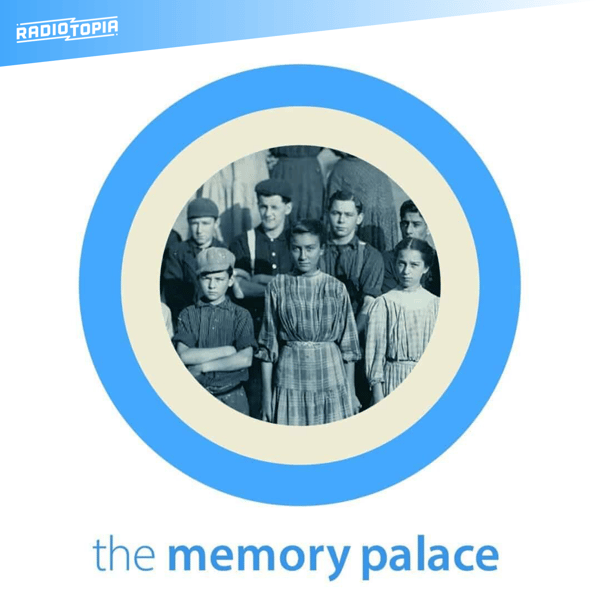Episode 92 (Oil, Water)
the memory palace
Nate DiMeo
4.8 • 7.2K Ratings
🗓️ 14 July 2016
⏱️ 9 minutes
🧾️ Download transcript
Summary
The Memory Palace is a proud member of Radiotopia, from PRX, a curated network of extraordinary, story-driven shows. Learn more at radiotopia.fm
SPOILERS BELOW
Notes *Great stuff in the Cleveland Plain Dealer from waaaaaay back to fire #1, if you want to dive in. * Found Jonathan Joseph Wlasiuk’s dissertation, Refining Nature (etc.) quite helpful in sorting out the early days of the Rockefeller refineries. * If you want to know more about the complicated relationship of Cleveland and the ’69 fire and the passage of the Clean Water Act, seek out Jonathan H. Adler’s article (and R.E.M. nod), Fables of the Cuyahoga: Reconstructing a History of Environmental Protection. * I also want to shout out The Killer in the Attic, and More True Tales of Crime and Disaster from Cleveland’s Past, by John Stark Bellamy II, which does a great job with the river fires.
Music * Start off with Lacrymae, from Melodium. * Go to a chopped up Fables, by Girls in Airports. * Finish off with the eternal Sunflower River Blues by John Fahey.
Transcript
Click on a timestamp to play from that location
| 0:00.0 | This is the memory palace, Omnietemau. |
| 0:04.4 | The first time the river caught fire, Cleveland was just starting to be something. |
| 0:09.4 | Starting to fulfill the promise that Benjamin Franklin had seen nearly a century before. |
| 0:14.2 | When he envisioned a great settlement, perhaps the best place in America for the American |
| 0:19.0 | ideal to take root. |
| 0:21.2 | A fruited plane along the banks of the Koya Hoga, where the citizen farmer, the new American, |
| 0:27.6 | could rise up, and where a great port city could rise at the river's mouth. |
| 0:32.2 | Where it fed Lake Erie, and where that American could bring the fruits of his labors, and send |
| 0:38.0 | them across the lake, in out to the world beyond. |
| 0:42.1 | And so the city grew bit by bit, new homesteads dotting the riverside, lit by lamps fueled |
| 0:48.6 | by oil, extracted from slabs of blubber cut from the bellies of whales. |
| 0:54.5 | But by mid-century people had killed most of the whales, while looking for that oil. |
| 0:59.3 | And they wanted an alternative, because they had gotten used to being able to see it |
| 1:03.1 | night. |
| 1:04.1 | And they found it not far from Cleveland. |
| 1:06.1 | In a dark green goop that oozed from the hillsides of western Pennsylvania. |
| 1:10.1 | And they found that if you pulled it out of the ground and distilled it, you could stop |
| 1:14.4 | chasing whales. |
| 1:15.6 | And by 1863, John D. Rockefeller had found the newest, and it would turn out one of the |
| 1:20.4 | most enduring ways to make a killing in America. |
| 1:24.1 | It wasn't in drilling for oil, not at first. |
| 1:27.1 | It was in refining it, in turning that goop into kerosene or lubricant, where anything |
... |
Please login to see the full transcript.
Disclaimer: The podcast and artwork embedded on this page are from Nate DiMeo, and are the property of its owner and not affiliated with or endorsed by Tapesearch.
Generated transcripts are the property of Nate DiMeo and are distributed freely under the Fair Use doctrine. Transcripts generated by Tapesearch are not guaranteed to be accurate.
Copyright © Tapesearch 2025.

